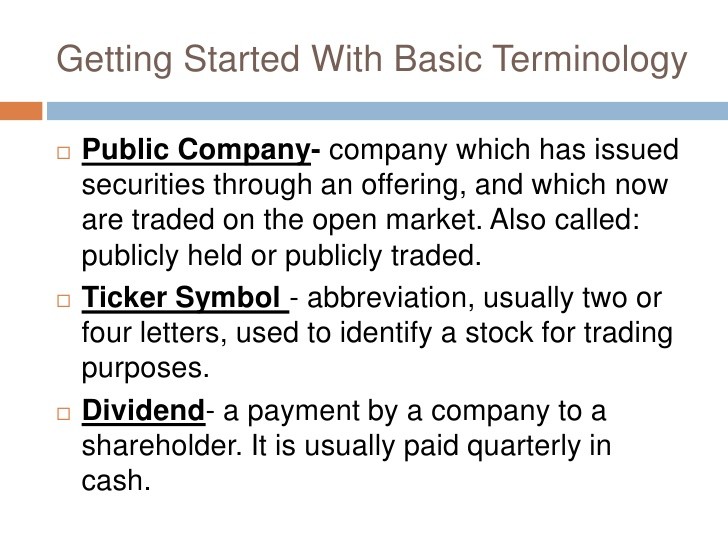Prajna Capital An Investment Guide Things to Watch Out for When Investing in the Stock Market
Post on: 16 Март, 2015 No Comment

Things to Watch Out for When Investing in the Stock Market
 
Equity investments are touted as the best form of long-term investments. But the twists and turns on the route to the stock market are sure to put off many a lay investor. Interesting trading patterns tell a story to an experienced hand, but it may all be Latin and Greek for a newcomer. He may learn only by making mistakes, some of them costly.
1 The Big Public Offer Impact
Though the Reliance Power IPO mess is well-known, not many would have linked the corrections that followed the other three IPOs. The BSE Sensex corrected 9% post the Coal India IPO, 7% after the DLF offer and 16% after Reliance Petroleum’s IPO. (See chart: The Great Fall).
However, this is entirely a voluntary exercise and there is no compulsion on the company to buy shares if the price falls below the acceptable limit. Also, the company can discontinue the scheme at any point in time. Thus, in practice the buyback offer wouldn’t do anything more than boosting shareholder sentiment. In fact, the practice has already lost its sheen and fewer companies are taking this route to protect their market value
 
This trend was visible in companies such as Binani Cement, Sulzer India, Parry Agro, GE Capital Transportation Financial Services and Rayban Sun Optic that have delisted in last couple of years. Even in the case of Nirma, which got delisted in May 2011, the FY11 profits were down 69% yo-y, when other FMCG players showed a decent profit growth.
There are notable exceptions. Atlas Copco and Micro Inks continued to give substantially strong earnings growth numbers till their delisting. Of course, they had to pay dearly to convince retail shareholders to tender their shares.
5 Timing The Bad News
All publicity is good publicity may be the motto for a few, but there are others who would use every possible way to stay out of the public eye when things are bad. This becomes evident if one closely follows the results calendar. A vast majority of corporate results that are published on the weekend or on the last day of the results season are typically bad. On the contrary, the initial results of a season are invariably good.
The inverse of this fact infers that companies about to report bad earnings tend to announce them late on Friday evenings, weekends or towards the end of the results season. Why would they do that? To avoid media attention and a negative impact on their share prices.
Not that it helps their valuations when the markets open next. However, the cooling off period of a couple of days certainly helps in muting the impact.
One classic example of this is HUL. In 2009, the company posted three out of four results on weekends. The ones posted on weekends were perceived to be very disappointing, while the one, which was perceived to be good, came out on a Tuesday. Another example of this is ICICI Bank. Its December 2008 result was perceived to be bad with a 35% decline in its earnings. This result was released on Saturday evening, the first day of a long weekend. A recent example is Reliance Communications. Its financial performance was perceived to be below expectation for the previous three quarters and each time, whether it was a coincidence or not, results were declared on a Saturday evening. While one shouldn’t take it for granted, a company scheduling its results board meeting on a weekend or delaying it for no apparent reason could be a hint of insipid earnings performance
6 Holding Companies Theory

Traders and analysts often recommend stocks of holding companies or of companies with assets such as land, property etc. The rationale is that the value of these assets is much higher than the market capitalisation of these companies. But to what extent does that impact how the market values such companies.
Not much if the value remains locked up. A number of holding companies are traded in the stock market UB Holding, JSW Holding, Bajaj Holding, Kalyani Investments etc. These are companies from different business houses and hold stakes in various group companies. If one were to value their investments at current market prices, their market capitalisation appears to be extremely cheap. However, this is natural as the companies being part of the respective promoter groups are highly unlikely to sell any part of their investments. Therefore, due to this lack of marketability these holding companies will always trade at a substantial discount to their net asset value.
At the same time, a company like Tata Capital, which is in the investment business, but holds investments in varied listed companies outside the Tata Group, tends to attract a lesser discount, as it sells its investments from time to time.
7 Seasonal Flavours
Some sectors gain more market attention in certain seasons like agrochem before monsoon or fertliser and education etc before the Budget.
The summer season with all its load shedding finds the power industry attractive, which can charge higher rates for merchant sales. As summer ends and monsoon is about to start, the agro-input sectors such as fertiliser, agrochemicals and seeds gain market favour. The post-monsoon harvest season, which is full of festivities and increased consumer spending, finds cement, construction, paints, consumer durables, retail etc sectors gaining currency.
An investor can benefit from these trends if he can invest in companies sufficiently before they become the market flavour and exit when they are at top of their valuations. This investment strategy is also known as ‘Tactical Asset Allocation’.














